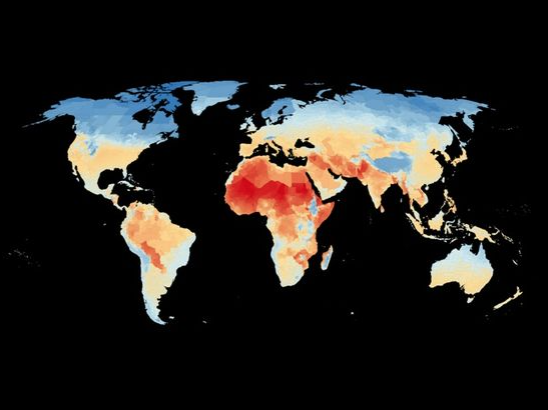What’s Moving Markets (2021-05-07)?
As economic demand bounces back in the US this should cause inflation to rise. Many expect the Fed to reduce the size of its asset purchasing program soon. Buying bonds is one of the products a govt uses in order to keep interest rates low, maintain growth and keep an economy from deflating when times are rough and growth is slow. A move to decrease the value of government bonds would raise yields and have a flow on effect to equity markets making them less attractive relative to buying bonds. So as equity markets devalue so do risk products including the commodity driven New Zealand Dollar. Our Autumn and Winter months are historically not big moves for rises in US stocks thus we view selling pressures could be on the horizon for the kiwi over the coming months.
New Zealand’s unemployment rate dropped unexpectedly Wednesday in the March quarter falling to 4.7% from an expected 4.9%, lower than the 4.9% published for the fourth quarter 2020. Views are that the RBNZ will keep stimulatory monetary policy in place for an extended time as the labour market is not yet humming at full capacity, pre coronavirus pandemic energy. We expect the cash rate to remain at 0.25% until well into 2022.
Key Points:
- Worldwide coronavirus cases surpass 156.677 million with over 3.269 million official deaths
- China hasn’t met its US product purchasing targets of late but the US don’t seem to be worried, US trade representatives are due to meet with Chinese officials soon to review the Trump led agreement.
- Restrictions are back in play in Sydney after two cases of coronavirus in the community this week- health officials are working overtime to try and work out where the virus came from, in the meantime NZ paused all travel from NSW for 48 hours starting Thursday.




